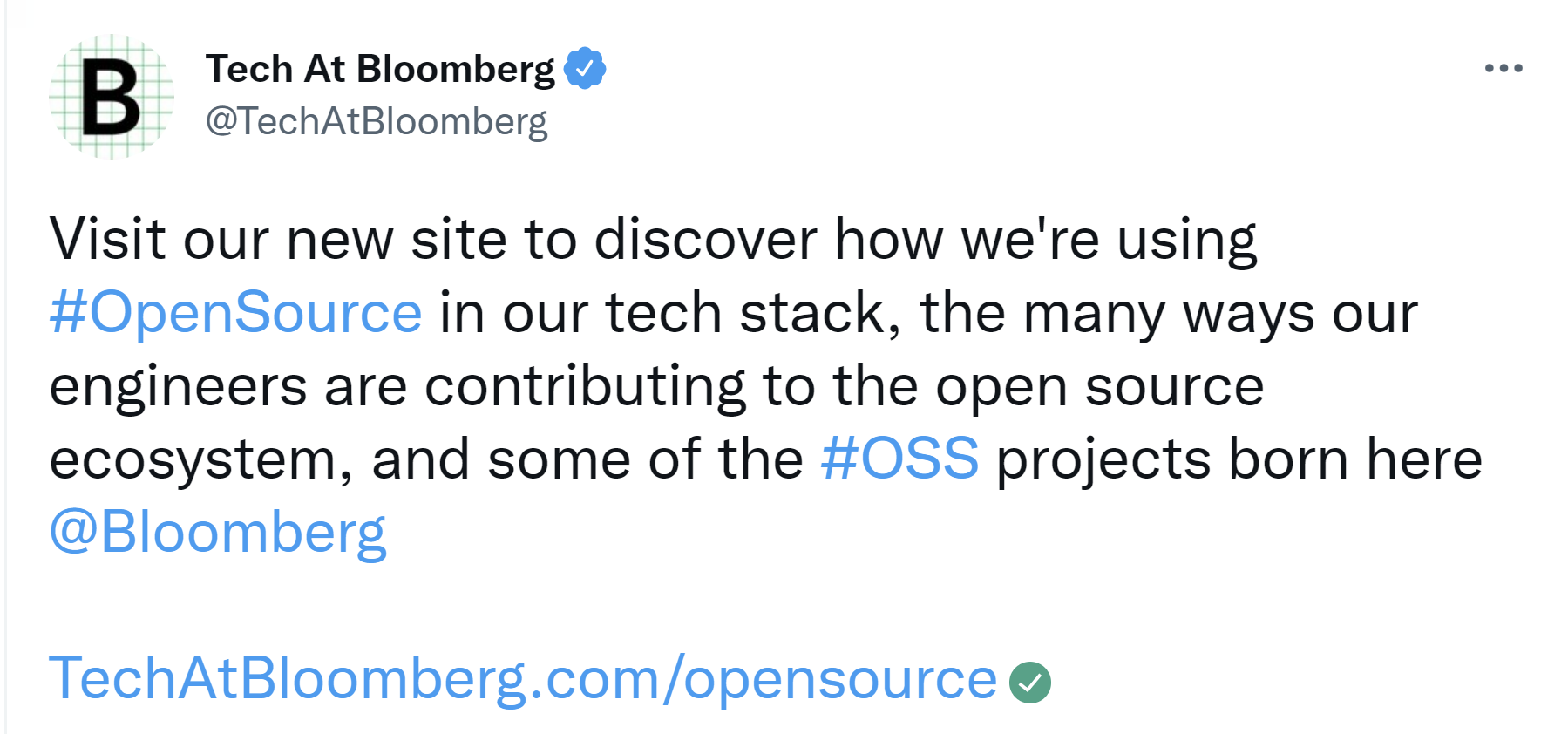
Our monthly roundup of key activities and knowledge to keep the community informed.
Release Notes
Released
The latest release of Apache Cassandra is 4.0.3 (pgp, sha256, and sha512), which has been available since 17 February 2022. As stated in the last changelog blog, we released new versions of all supported versions of Cassandra (3.11.12, 3.0.26) to address a vulnerability CVE-2021-44521.
As a result, we are advising 3.0 users to upgrade to 3.0.26; 3.11 users to upgrade to 3.11.12; and 4.0 users should upgrade to 4.0.3.
Please read the release notes and let us know if you encounter any problems.
Note: As the docs are not yet updated, the bintray location for Debian users is replaced with the ASF’s JFrog Artifactory location.
See the download section for the latest stable and older supported versions of source and binary distributions.
To stay up-to-date, we recommend joining the Cassandra mailing lists.
Community Notes
Updates on Cassandra Enhancement Proposals (CEPs), how to contribute, and other community activities.
Are you new to the project? We have a handy ‘Contributing to Cassandra’ page for how to get involved and get started. Additionally, we have established two boards you should take a look at if you are new to the project. One is a kanban board for “Failing Tests” tickets that are unassigned and the other corresponds to our Low Hanging Fruit or “Starter Tickets” for 4.0.x and 4.1.x. Feel free to self-select a ticket to work on.
Any of these tickets should be of appropriate complexity for someone new to the project to tackle. Just remember to assign yourself to the ticket and acknowledge the status, such as ‘Work in Progress’ and ‘Needs Comitter/Patch Available’ when you submit your patch. You can also reach out on the ASF Slack in the #cassandra-dev Slack channel. Use @cassandra_mentors to contact our Cassandra mentors!
Read PMC member Josh McKenzie’s latest bi-weekly update for ongoing discussions and the latest on ticket progress.
Discussed
We are fast approaching 1 May and the cut of the next release, which will be Cassandra 4.1. At time of writing, this date is likely to be when features are frozen with a goal of GA on 1 July.
Note: for this cycle only, we will continue to support 3.0 as well as the 3.11.latest, 4.0.latest, and 4.1.latest. See Behind the Scenes of an Apache Cassandra Release for more details.
Announced
The PMC is pleased to announce that Aleksandr Sorokoumov has accepted an invitation to become a committer on the project. Aleksandr has been working on the project for a number of years and the honor is well deserved. 👏
Announced
Michael Larabel at Linux and hardware news site, Phoronix, has highlighted that recent MGLRU benchmark test results for Apache Cassandra workloads indicate promising performance benefits. Multi-Gen LRU (MGLRU), developed by Google engineers, “reworks how the Linux kernel’s page reclamation code is handled,” says Larabel. “MGLRU has been showing to be a big improvement both for their internal workloads and by external parties testing the many public patch revisions.” For the full story read: MGLRU Could Land In Linux 5.19 For Improving Performance - Especially Low RAM Situations.
Announced
Bloomberg has listed Apache Cassandra as one of the key technologies in its tech stack on its new open source tech at Bloomberg site, where it promotes and encourages open source contributions.

Announced
The ASF has a podcast channel called FeatherCast and in the interest of freshening up past Apache Cassandra contributions and promoting the project, Sharan Foga is kickstarting a new series of interviews.
Announced
We need more volunteers for Build Lead. Thank you to the six people who have participated so far since we started the rotation, but we need more to sign up. You can learn more about the role on the wiki page and the related mailing list thread.
Discussed
Worthy of references to greek mythology, Stefan Miklosovic took on the herculean (and sisyphean) task of cleaning up Cassandra’s GitHub PRs. This highlighted the need to discuss how PRs fit into the merge process, the right way to perform house-cleaning, and how we can document the process for future reference.
Discussed
For the latest on Cassandra’s journey to Java 17 support and whether it’s likely to make it into 4.1, read Ekaterina Dimitrova’s update.
Discussed
A discussion continues on how to best use LinkedIn as a marketing channel for the project and around having multiple community groups on LinkedIn, some informal and some formally endorsed by the PMC. There is also discussion on how to best organize marketing and PR initiatives for Cassandra while retaining transparency in the process.
Discussed
Benedict Elliott-Smith has opened a thread on updating the Cassandra Code Style style guidance for contributors and supplied a working document for discussion.
Discussed
Tibor Répási has opened the discussion about the right next steps for our usage of the now deprecated airlift/airline framework used in our CLI tools. The project restricts API breaking changes to Major releases only and qualify CLI output changes as API breaking as we can expect operational tooling to depend on formats for functionality.
Discussed
ApacheCon North America 2022 will take place on 3-6 October at the New Orleans Sheraton and there have been some discussion around Apache Cassandra CFPs, and participating in the new performance engineering track, but we will confirm details once they are official.
Discussed
Participation in Google Season of Docs for 2022 was discussed, but the community has decided to pursue necessary preparations for participating next year.
Discussed
Apache Cassandra uses dtest (short for ‘distributed tests’) as an open source test suite and the community is discussing what framework to use and whether we should depreciate Python dtest in favor of the in-jvm dtest framework. You can join the discussion here.
User Space
Logate
“Cassandra allows us to create systems that work in multiple data centers as one logical cluster. We meet customer demand for geographic redundancy, and can work in active-active, load-sharing mode across multiple data centers.” — Danilo Mišović
Do you have a Cassandra case study to share? Email cassandra@constantia.io.
In the News
Prashant Malik, co-founder of Cassandra, on building the open source NoSQL distributed database: “If the product can solve a large enough problem and change the way systems work, it can create a unique method of working and building and also transform what organisations, and consumers can do.”
Cassandra Tutorials & More
JAXEnter.com: Can Apache Cassandra Take My PEM Keys? - Maulin Vasavada
Securing Apache Cassandra - Rahul Singh
On the blog:
Join Us for Google Summer of Code 2022! - Paulo Motta














